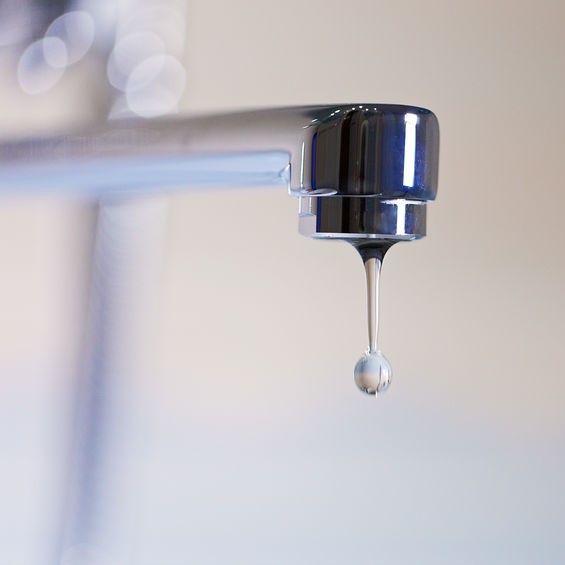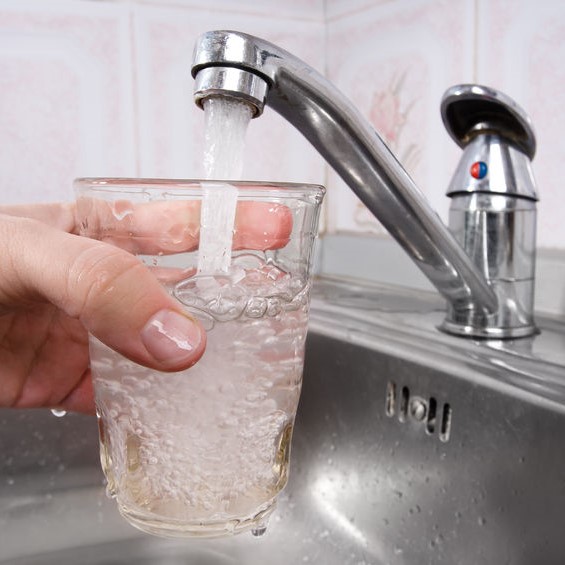
Chlorine in the water
Chlorine and water. Is that a good thing or a bad thing? They add chlorine to swimming pools, but when it is drinking water, we use water chlorine removal processes and/or products. What is the difference? Why is chlorine good in one case, but not another?
In 1744, they discovered chlorine in Sweden, and by 1835 and it was being used to rid the water of odors from it was thought by many to be responsible for the spread of various diseases. In 1890, it was discovered that chlorine was effective in disinfecting and reduce diseases being transmitted by water. Great Britain, the United States, and Canada would follow suit soon after. Today, it is still a popular choice for disinfecting is to use chlorination.
Yet, confusing as it may be, too much chlorine can be harmful, thus the use of water purifier chlorine removal process we have today. Water straight from its natural source is full of harmful microorganisms. When chlorine is dissolved in water, it breaks them down and disinfects the water, making it safe to drink?
How is chlorine in water harmful to us if it disinfects it? They have found a relationship between cancer and chlorine in studies by the U.S. Council of Environmental Quality. Those who drink chlorinated water have a 93% higher risk of cancer than those who don’t have chlorinated water. Therefore, it has become important for many areas to have a water chlorine removal process in the water purifying systems.
Other ways that chlorine has been found to be harmful to humans is:
A Children’s Health Hazard
Different studies have found that consuming chlorinated water and otherwise long-term exposure can increase the chances of asthmatic attacks, particularly in children that have weak or underdeveloped airway systems. It has also been related to asthmatic issues in adults with the following symptoms being noted after showering:
- Mild nose and throat irritation
- Sneezing
- Weak coughing
- Tightness in chest
Cell Damage
Chlorine causes damage to living organisms and has been described as a pesticide. It destroys our body’s cells and tissues.
Heart Problems
Water supplies that have chlorine added can pose serious cardio-vascular threats.
Now we have chlorine removal water softener available to us to make water safer for consumption. The process uses GAC (granular activated carbon) to remove chlorine and water chlorine removal when added to a water softener resin bed at the preliminary stages of softening hard water.
What type of chlorine is used for drinking water?
So, we know that chlorine is a good thing in water, yet it can be a bad thing too. While we need chlorination for disinfecting drinking water and kill germs, it must be done at a level that is safe. There are three types of chlorine:
- Compressed Elemental Gas: Also referred to as Chlorine gas that is an amber color and is heavier than water. Different amounts are used based on the water quality that is to be treated.
- Sodium Hypochlorite Solution: This is where the chlorine odor comes from and has the compound of chlorine that makes it good as a disinfectant.
- Solid Calcium Hypochlorite: This is a hypochlorous acid that is extremely dangerous, causing corrosion if activated too strong, which is they use why little of it to for water chlorine removal.
Does boiling water remove chlorine?
Chlorine water boiling removed after fifteen-minutes of boiling, but not chloramine. This is a faster proves than waiting for it to reach room temperature to achieve the same results. However, it is using a source of energy and the time it takes for the water to reach the boiling point may not be any faster than waiting for room temperature for the water chlorine removal process.
Does water filter remove chlorine?
The average chlorine filter will remove as much as 97% of chlorine, some high-grade performing filters remove more than 99%, but none remove 100% of water chlorine removal. Experts reassure us that the insignificant amount of chlorine left can’t be smelled, tasted, or affect our hair and skin.

Does the fridge filter remove chlorine?
Or do refrigerator filters even do any good at all? A common question when homeowners are considering purchasing a refrigerator with a filter water dispenser or an add-on water filtration system. While the filters you add to your kitchen sink faucet are better than nothing, they are not as effective in water chlorine removal or other chemicals as the filters in a refrigerator or a filtered water pitcher.
Unfiltered water can contain different contaminants, such as chlorine, lead, rust, and sediment. Most refrigerator water filters have activated carbon that works at water chlorine removal and other contaminants. The carbon is like a magnet for contaminants, and the filter traps those particles. When the water comes out of the filter, it is cleaner and particle-free.
How do you purify chlorinated water for drinking?
As we mentioned earlier, the water filter in a refrigerator water dispenser has a carbon-filled filter that will provide as much as 97% water chlorine removal and other organic compounds, odors, synthetic organic chemicals, odors, and tastes. Somewhat new on the market is the premium five-stage filtration system. It works better at reducing more contaminates that the standard two-stage filtration systems.
Chlorine Is Good For Us – In Moderation
It is important to remember that we need some chlorine in our water today just as much, maybe than they did in 1744 Sweden. With the chemical output of factories and homes these days, wouldn’t you hate to know what would be in the water you bathed in, cooked with, and drank? However, water chlorine removal is just as important so that we don’t get overdosed with it either, as it can have ill effects, even deadly, if not used with caution. Call 800-633-8469 today for your water filtration installation in Leander, TX.
